By Peter Kross
The sniper was perched under a craggy bluff overlooking German Führer Adolf Hitler’s alpine mountain retreat at Berchtesgaden in Bavaria. He made a slight adjustment to his highly crafted gun, aligned the sights, checked the wind conditions, and waited for his target to appear. The sniper had been well trained for this most dangerous of all assignments, one he had been
anticipating for a long time. In what seemed like hours, but in reality was only a short time, the man he was sent to kill came into view. The sniper recognized his target immediately. He was short in stature, had dark hair, and wore the famous mustache that he had come to know so well. As Adolf Hitler emerged from his home into the crisp, mountain air, the assassin locked him in his sights, took a deep breath, and pulled the trigger.
This scenario did not take place. However, as World War II dragged on with no apparent end in sight, Allied leaders in Britain were seriously contemplating the assassination of Adolf Hitler to end the war in Europe. It has come to light in recent years via a 120-page dossier gleaned from the British Public Records Office in Kew, that a serious attempt to kill Hitler was being contemplated at the highest levels of British intelligence. The code name for this proposed assassination effort was Operation Foxley. Operation Foxley was the product of Britain’s two intelligence services, the Special Operations Executive (SOE) and the Secret Intelligence Service (SIS). Another part of this most secret operation was dubbed Little Foxleys, which involved plans to kill certain top leaders of the Nazi regime.
The details of Operation Foxley were once one of the most guarded secrets still to be hidden from the public concerning World War II. Now, with a new policy of open government in Britain, historians and those interested in the secret side of the global conflict which ended almost 70 years ago have a new story to contemplate.
By 1944, the British intelligence services had a complete dossier on Adolf Hitler’s habits and living conditions. It was up to the SOE to pull all the various data on him into one coherent file and disseminate this information to all relevant parties. As the intelligence officers began plotting the best way to eliminate the Führer, a number of wild schemes came into focus. These included poisoning his food or drink, impregnating his clothes with a deadly toxin, destroying his train en route to his mountain hideaway in the Alps, and sending in a sniper to kill him as he made his way around his summit at the Berghof. The CIA used many of these same schemes in an effort to try to kill Cuban dictator Fidel Castro in 1960 and 1961.
According to documents in the newly released Foxley files, the characteristics of the ingredients to be used to poison Hitler were dubbed “1.” The documents in the Foxley file state: “(1) It is tasteless and odorless, (2) Neither hard nor soft water is visibly affected by the addition of one lethal dose (2 grams, to 2½ pints), (3) Black coffee treated with “1” in the same ratio indicates no perceptible change in appearance. Nor would the addition of milk make any immediate difference in the appearance of the beverage. (4) Tea with milk treated as above shows no detectable change, but without milk it immediately becomes opalescent and in the course of an hour or so becomes quite turbid and deposits a brown sediment. Hitler, according to reliable information, is a tea addict. He always drinks it with milk. Since the milk is poured into his cup, it is unlikely that the tea’s opalescence would be noticed as it came from the teapot.”
The documents in the Foxley file state in sharp terms the objective to be carried out. “(1) Object: The elimination of Hitler and any high-ranking Nazis or members of the Führer’s entourage who may be present at the attempt, (2) means: sniper’s rifle or bazooka and splinter grenades; derailment and destruction of the Führer’s train by explosives; clandestine means, (3) scene of operations: the most recent information available on Hitler and his movements narrows down the field of endeavor to two locations of action, vis, the Berchtesgaden area and Hitler’s train.”
By the time the Foxley teams were planning Hitler’s demise, the war had been going on for four harrowing years. Millions of innocent victims had died in Nazi concentration camps, as well as hundreds of thousands of combatants from the warring nations. Yet, the leaders of the nations at war were not targets of opportunity.
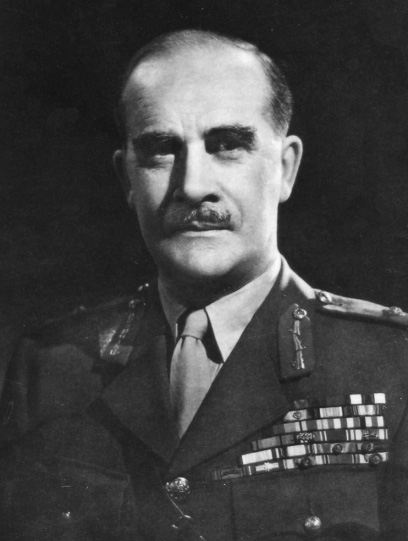
That is not to say that attempts were not regularly made to assassinate military and political leaders on both sides. On the morning of April 18, 1943, a squadron of U.S. airplanes stationed at Henderson Field on Guadalcanal, scrambled into the air to carry out Operation Vengeance on an intercept mission. Their target was Japanese Admiral Isoroku Yamamoto. Using intelligence gleaned from decrypted orders, the planes ambushed Yamamoto’s aircraft, causing the death of Japan’s most revered military planner.
On June 24, 1942, a group of Czech partisans ambushed and killed German General Reinhard “The Hangman” Heydrich. Heydrich was appointed commander of the Gestapo in 1936, and was responsible for the murder of thousands of Jews during the war. In retaliation for his murder, the Germans destroyed the Czech town of Lidice, killing all the men and boys and sending the women to concentration camps.
The branch of British Intelligence given the task of running Operation Foxley was the SOE, whose wartime orders given by Winston Churchill were to “set Europe ablaze.” The SOE was established by order of Prime Minister Winston Churchill on July 16, 1940, as a covert paramilitary force which would take the war directly into enemy territory.
The SOE’s headquarters was located at 64 Baker Street in London. Candidates for possible entry into the SOE were culled from recommendations from the SIS. After each applicant was accepted and passed a rigorous background and security check, he or she was sent for a four-week course of intensive training at a secret location in England, where they were given training in parachute jumps, small arms, hand-to-hand combat, commando tactics, and radio operations.
From August 1940 to September 1943, two men headed the SOE, Sir Frank Nelson and Sir Charles Hambro. In September 1943, Brig. Gen. Colin Gubbins was picked to be the new chief of the SOE. He was born in Japan in 1896 but had roots in Scotland. Gubbins served in the Royal Artillery in World War I. He did duty in Russia, Ireland, and India. In 1919, he fought on the White Russian side against the Bolsheviks during the Russian Revolution. By 1919, he had been appointed chief of staff of the British military mission in Poland. The next year, Gubbins was tasked with the job of training a new commando unit that would see extensive action in World War II.
When he became chief of the SOE, Gubbins actively oversaw all aspects of operations, overseeing training and initiating relations with the fledgling U.S. spy agency, the Office of Strategic Services (OSS).
SOE agents worked in all parts of Europe. They helped downed Allied airmen escape to England or France and served as liaisons with dissident factions in the region. SOE operations in Germany concerned some of the most highly guarded as well as the most dangerous missions of the war including Operation Foxley.
The other branch of British Intelligence that played a crucial role in Operation Foxley was the SIS. It was the job of SIS planners to supply operational intelligence, that is, to provide the whereabouts of Hitler at any given time. The job of the SIS in World War II, as it is today, was to collect all aspects of intelligence on any matter that is vital to Britain’s security. In World War II, the British, using Ultra intercepts, were able to monitor Germany’s order of battle as it was being put into operation.
As the planning for Operation Foxley unfolded, the SIS supplied one of its men to aid the SOE in planning the attack on Hitler. One of the jobs of the SIS was to place undercover agents inside Germany. There is no hard evidence that any SIS agent got close enough to Hitler to supply London with any detailed information on the Führer’s exact location. The lack of intelligence on Hitler’s whereabouts hindered any success that might have pointed the Foxley planners in the right direction.
While the declassified Foxley study presents an overview of the plan to kill Hitler, not all the details are forthcoming. The most important of these are the names of the players on the British side who had a hand in planning the operation. Some of the names are well known to historians of the war, while others are still classified.
One of the leaders of the mission was code named LB/X. The Foxley report gives the name of a staff officer named Major H.B. Court, a man assigned to the SOE at that time, as this agent. After the war, all the military records on LB/X were purged, and it is impossible to actually verify his identity.
While the “foot soldiers” in Operation Foxley were mostly unfamiliar to the general public, their superiors were well known in the intelligence and military establishment. One of the leaders in the planning of the operation was General Sir Hastings Ismay, secretary of the Committee of Imperial Defense. Ismay was a confidant of Prime Minister Winston Churchill and had the dubious responsibility of revealing to the prime minister the fact that Germany had successfully invaded Norway on April 9, 1940.
In the wake of the Norwegian disaster, it was Ismay who wrote a scathing memo to the pertinent officers throughout British Intelligence asking for a more streamlined way in which pending intelligence matters were disseminated to the interested parties. Ismay kept the prime minister fully informed on all aspects of Foxley, and it was through Ismay that Churchill gave his go ahead for the mission to proceed.
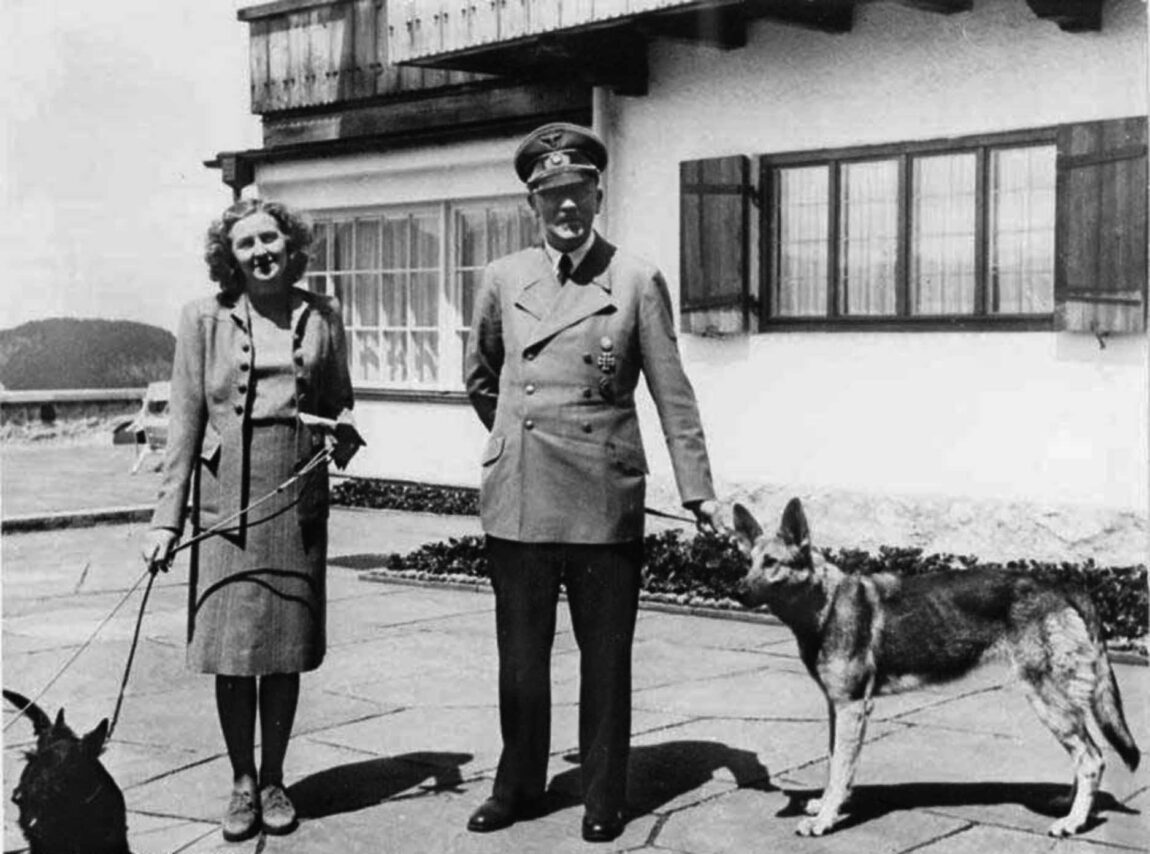
Another important member of the Foxley team was the fabled man known in intelligence circles as “C,” Brig. Gen. Sir Stewart Menzies. Menzies served in the Life Guards from 1910 until 1939. In 1923, he was appointed as the deputy to Sir Hugh Sinclair, the head of MI-6 until the latter’s death in 1939. That year, he was appointed as “C,” the head of the super-secret organization. Menzies worked closely with Churchill, who had an avid interest in anything relating to secret work.
Menzies had a solid working relationship with the OSS. He hosted OSS chief Colonel William Donovan when he came to England and the two sides made a secret agreement to share intelligence.
Working alongside Menzies was Gubbins, who actively took over all aspects of the SOE, overseeing training and beginning a secret relationship with the OSS. At the time of the Foxley mission, he had been promoted as the executive head of the SOE and was privy to all its intimate secrets.
The members of the SOE council who had operational control over the mission were a varied group indeed. Among them were Vice Air Marshall Alan Patrick Ritchie, code named AD/A. Ritchie was a veteran of the Royal Flying Corps and a former RAF pilot. He served briefly as the intelligence head of the RAF, and then became the air officer of the 93rd Group, Bomber Command.
Major General Gerald Templer, code name AD/X, was given the nickname “The Tiger of Malaya,” and was wounded in Italy. He was posted to the War Office’s Military Intelligence Division and was in charge of the German Directorate Section beginning in November 1944.
Air Commander Archibald Boyle, also known as A/CD , was a veteran of World War I, held a 20-year career in British Intelligence, and served as the SOE’s special representative with SIS.
Lieutenant Colonel Ronald Thornely was named AD/X and X1. He was fluent in German and served as Gerald Templer’s deputy.
While the British were working on their own plot to kill Adolf Hitler, elements of the German military and political establishment were preparing a plot to end the Führer’s life.
From 1921 to the fall of Berlin in 1945, numerous attempts to kill Hitler by his enemies were either talked about or acted upon. New information has come to light that tells of numerous plots by high-ranking German military men or diplomats inside Germany to topple Hitler in the months leading up to the German invasion of Poland in 1939.
Some of these assassination plans include the following attempts. On March 4, 1933, German police arrested a man named Karl Luttner, who had planned to set off a bomb at a rally in Köningsberg, where Hitler was scheduled to appear. On November 26, 1937, Josef Thomas, a man suffering from a mental condition, was arrested by the Gestapo in Berlin, where he planned to shoot Hitler and Luftwaffe chief Herman Göring. The noted English agent Alexander Foote, who was employed by Russia during World War II, looked into the possibilities of assassinating Hitler at the Osteria Bavaria restaurant. The years 1938-1939, saw the British military attaché in Berlin, Colonel Noel Mason-MacFarlane, planning as assassination attempt on Hitler, which was discussed by the top military leaders in London. The idea was rejected.
In March 1943, a number of high ranking German military officers. including Brig. Gen. Henning von Tresckov, Lieutenant Fabian von Schlabrendorff, and others, successfully placed a bomb on Hitler’s aircraft, a Focke-Wulf 200 Condor. Unfortunately for the planners, the bomb failed to go off.
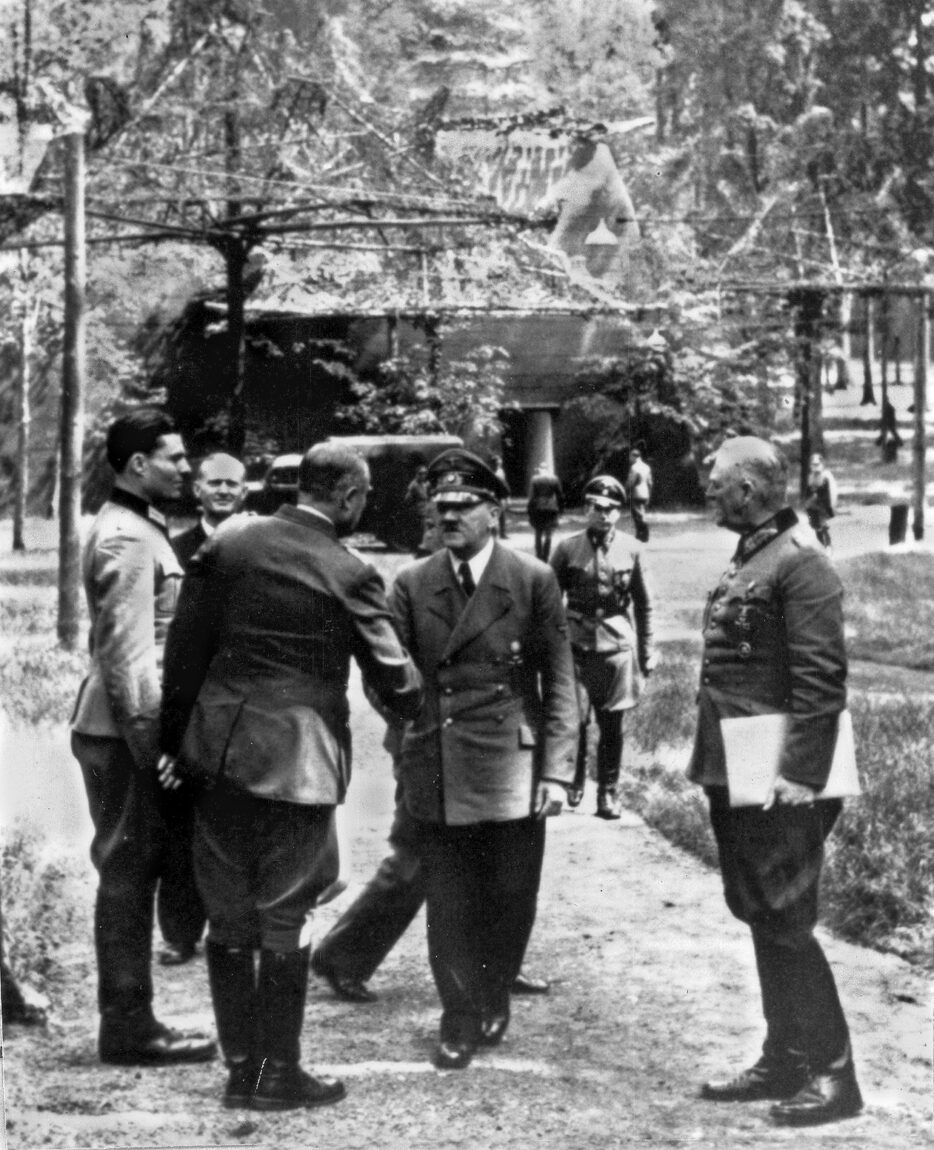
On July 20, 1944, a highly detailed plot to kill Hitler was carried out by a number of the Führer’s enemies, led by Colonel Claus Shenk Graf von Stauffenberg. Stauffenberg placed a bomb inside a room where Hitler and a number of his top associates were meeting. The bomb went off, but it only wounded Hitler. In the wake of the assassination attempt, a purge of those men who took part in the plot was carried out and many of the insiders were either executed or took their own lives.
The debate among the top members of SOE over how to kill Hitler and whether to proceed with Operation Foxley was heated, to say the least. Some intelligence officers wanted to go ahead, while others saw the futility in the plan and made their thoughts unambiguous. One unnamed individual, according to the declassified report, said that he was “not exactly optimistic or enthusiastic” about killing Hitler.
SOE was in agreement that the project should be carried out, while other military and government leaders preferred an all-out aerial bombardment against German civilian and military targets to bring the regime to its knees. There was also talk among the men that if Hitler were indeed killed he would become a martyr to many Germans, and his death would then be counterproductive in the long run. Some of the leading politicians in Whitehall believed that a living Hitler was better for the Allied cause than a dead one.
A letter from Ronald Thornley said that a living Hitler would be the same as “almost an unlimited number of first class SOE agents strategically placed inside Germany.”
One SOE officer who participated in the Foxley planning added, “As a strategist, Hitler has been the greatest possible assistance to the British war effort.”
By 1944, the war against Germany was in its final stages. After the successful Allied landings in Normandy, thousands of troops were slogging their way across France and would be on German soil in a matter of months. Even the most ardent German military leaders could see the writing on the wall, and some of them decided to go behind Hitler’s back and contact the Allies to begin peace negotiations.
While the decision to go ahead with Operation Foxley was never implemented, the “what ifs” are enormous as far as historians are concerned.
With the Allies nearing Berlin by early 1945, and Hitler dead, would the German high command, whoever was in charge at the time, have put out peace feelers to end the war? One question that has to be asked is how the German leadership would account for the millions of victims in the concentration camps and the “final solution” to the Jews of Europe. Would they have closed the gas chambers before the Allies found them, covering up their enormous crimes?
If Operation Foxley had been carried out successfully, would the German high command have gone ahead with certain military engagements that had already been planned? For example, would they have started the bloody fighting in the Ardennes Forest in December 1944, which saw massive causalities on both sides?
Another significant concern on the Allied side was their call for the unconditional surrender of Germany in order for the war to come to an end. Would Hitler’s successors have agreed to an unconditional surrender, or would they have negotiated for a better deal? More to the point, would the victorious Allies, tired of war and all the suffering that came with it, have gone along? If the British and the Americans agreed to less than unconditional surrender, would Josef Stalin have concurred?
If Hitler was dead, would an Allied Germany now form an alliance with the United States and Great Britain against the Soviet Union? If that had happened, would the Cold War have begun earlier or even degenerated into a “hot” war in Europe with troops from the United States, United Kingdom, and Russia fighting each other among the rubble?
In the end, Adolf Hitler himself made Operation Foxley irrelevant when he committed suicide in his Berlin bunker in April 1945.
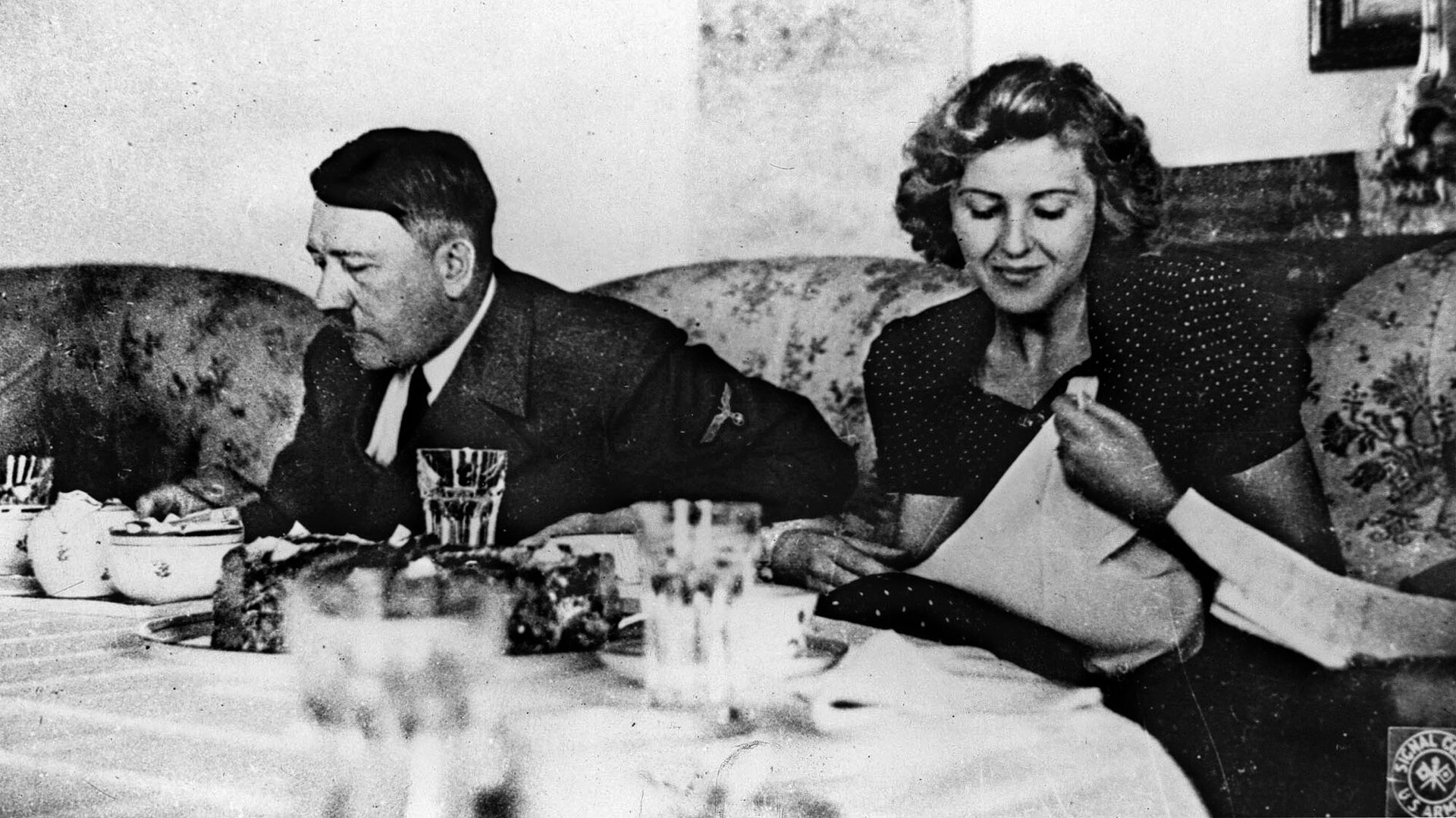
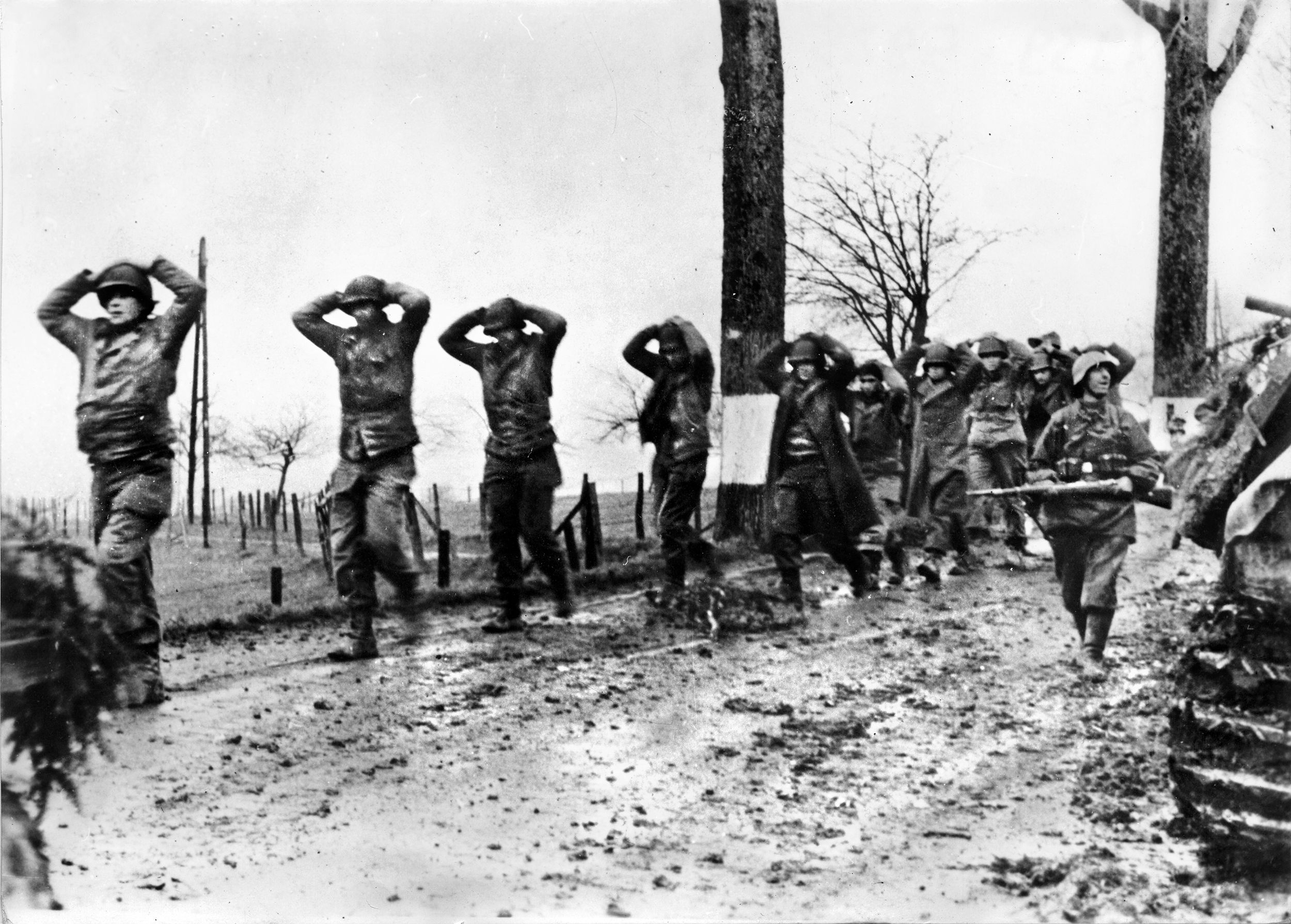
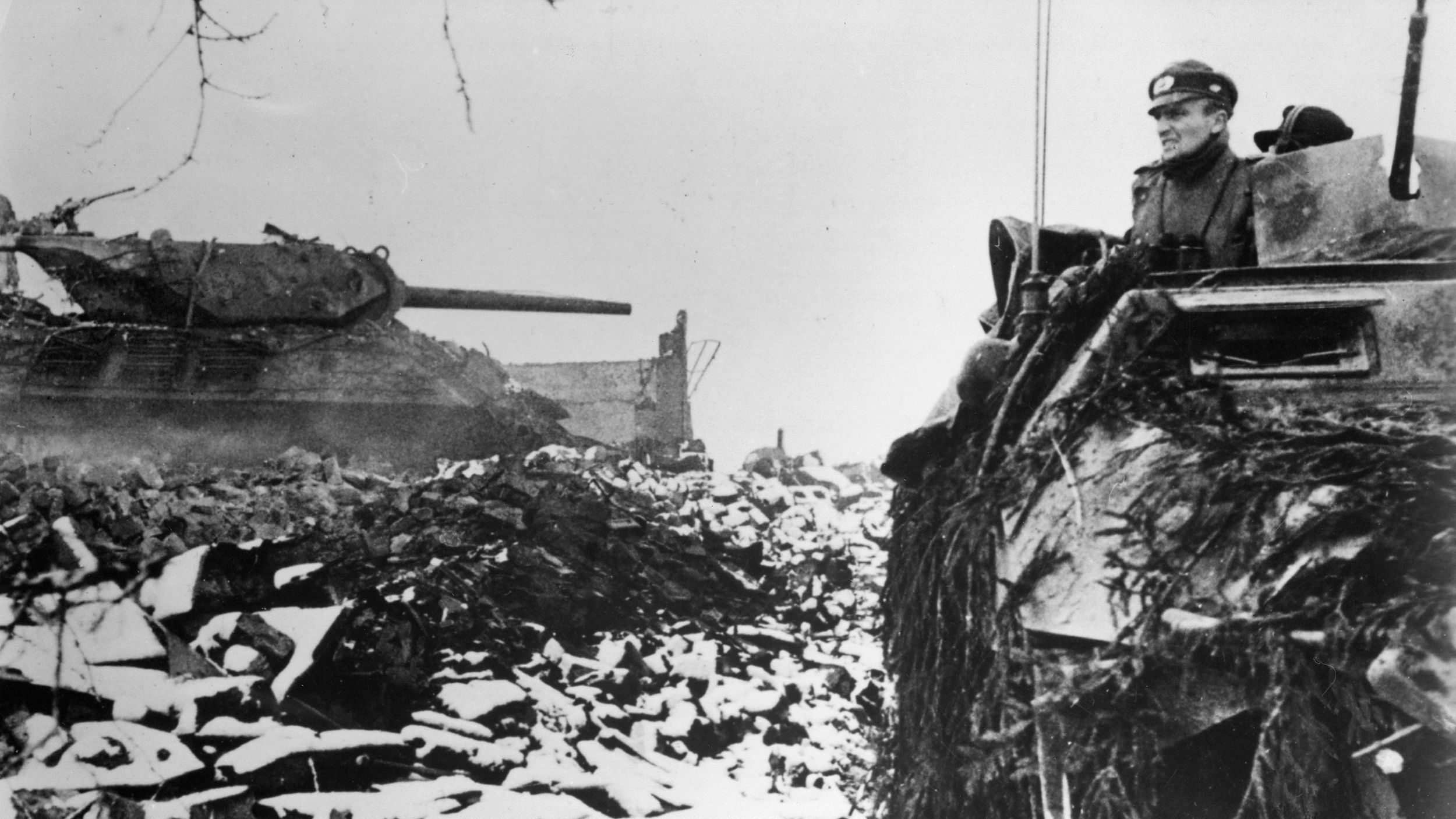
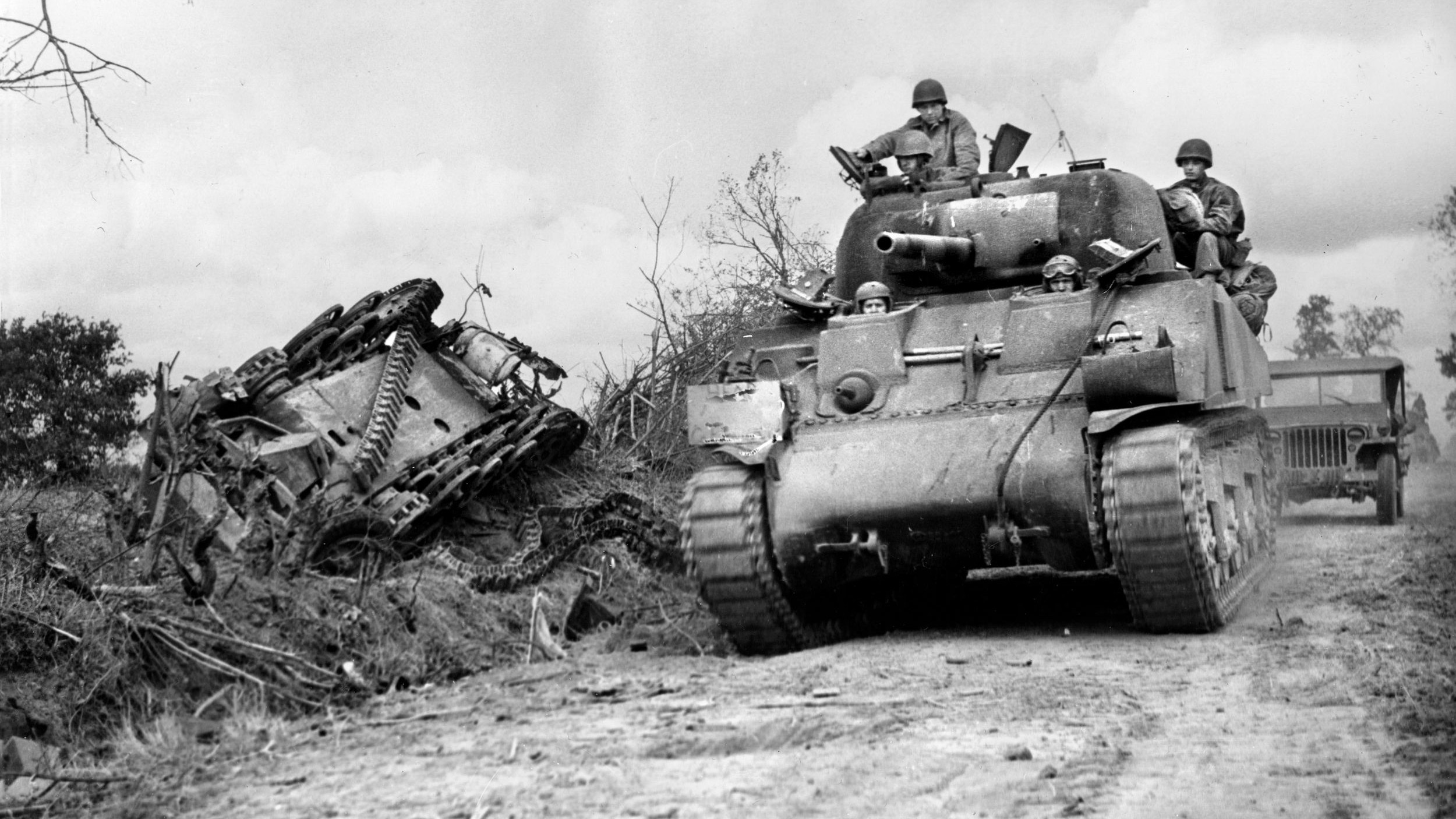
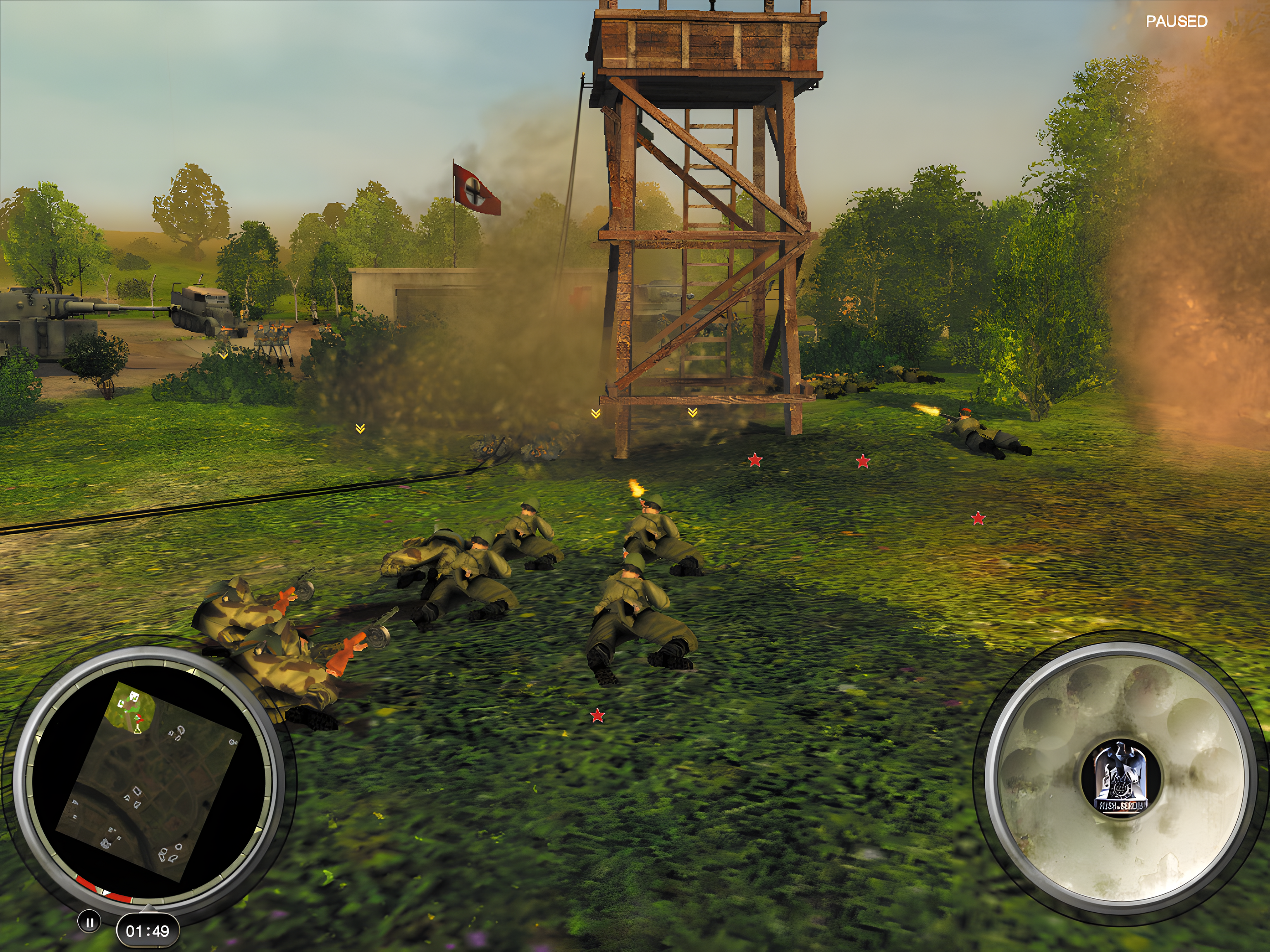
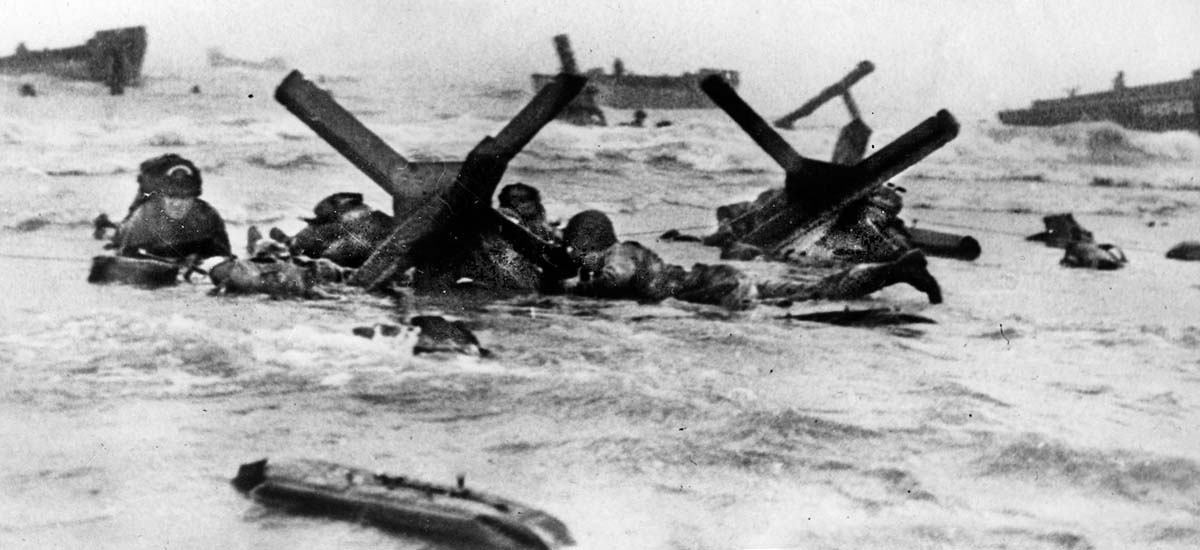
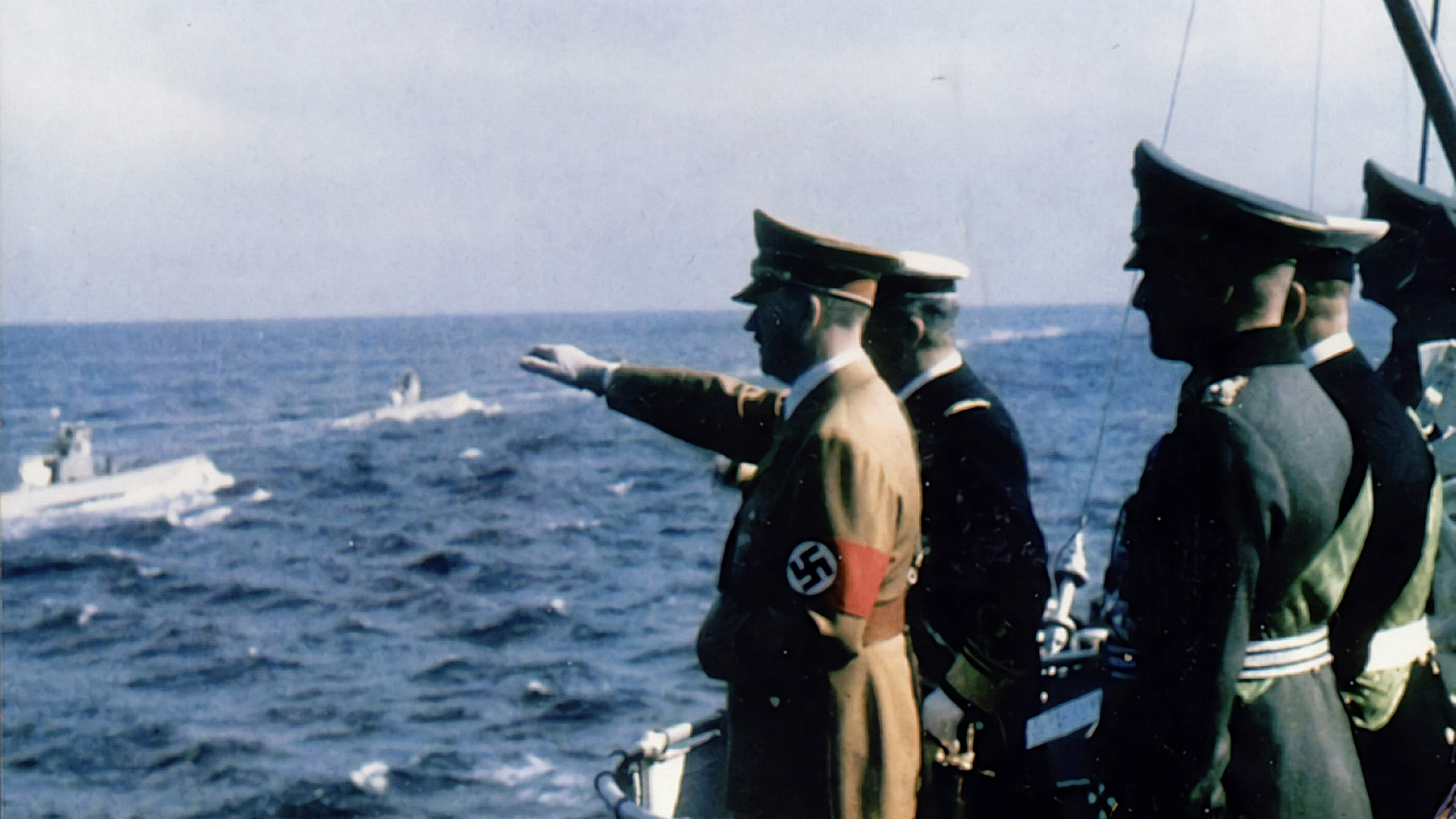

Join The Conversation
Comments
View All Comments